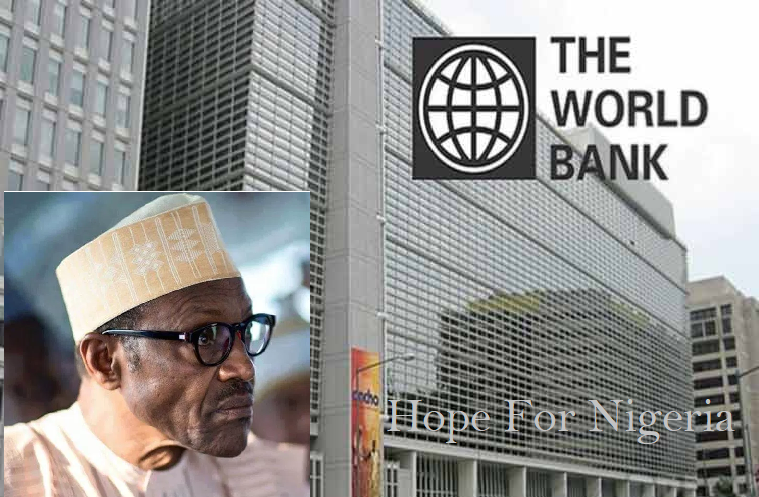There are no products in your shopping cart.
| 0 Items | £0.00 |


By Ayo Akinfe
[1] If you ask me, what we are currently witnessing is a war. This time it is not against guns and bullets but the effects are the same and as with the case with any war, you need a reconstruction plan. Every war is always followed by a reconstruction plan and this is no different. Does Nigeria have a post-coronavirus reconstruction plan?
[2] If you look at the devastation caused by World War Two, the Spanish Flu or the Bubonic Plague, they were all greater than that caused by Covid-19 but man in his resilience managed to bounce back 10 times stronger. This will be no different but I think the world should insist that large developing nations like Indonesia, Pakistan, Nigeria, Mexico, Bangladesh, Egypt, Ethiopia, etc use this as an opportunity to join the league of industrialised nations. Things simply cannot go back to normal whereby we were parasitic importers of finished goods produced elsewhere
[3] Nigeria needs to be given a strict production quota. By 2022, the value of our gross domestic product (GDP) simply needs to total $1trn. Nigeria’s current paltry GDP of $375bn is disgraceful, unacceptable, embarrassing and a reflection of the fact that we are simply not pulling our weight. Our actual population requires we have a GDP of $2trn, so we should be given up until 2025 to achieve this
[4] With a population of 200m, Nigeria has to be set a target of creating at least 10m new jobs every year over the next decade. This should involve attracting foreign direct investment of at least $100bn annually
[5] Nigeria should be banned from exporting raw primary products. Everything we export, be it petroleum, cocoa, cassava, yam, palm oil, groundnuts, etc, must be semi-processed. If no value is added to it, then it must not be shipped
[6] By 2030, Nigeria must manufacture at least 2.5% of all global medical equipment in line with her proportion of humanity’s population
[7] At the very minimum, Nigeria should have an annual 10% GDP growth rate. If we have less than this in two successive quarters, we should be considered as being in recession
[8] Skills, education and training is what lifts a nation out of poverty. Nigeria should be set a stringent target of spending at least $20bn on education and training annually. The goal should be to eradicate illiteracy totally by 2030
[9] At the moment, Nigeria has one of the lowest tax-to-GDP ratios in the world at 6%. This must be brought up to the global average of 30% by 2025
[10] Worldwide, the average percentage of paved roads is 64%. In Nigeria it is currently 15%. We should be given up to 2030 to bring our figures up to the global average
10 projects all Nigerian government loans should be limited to
[1] Hydro-electric power plants
[2] Railway lines
[3] Gas-powered plants
[4] Electricity distribution grids
[5] Sea port construction and dredging
[6] Airport construction
[7] Inter-City highway construction
[8] Specialist hospitals
[9] Nuclear power plants
[10] Water treatment plants
For everything else, we should either look for private sector investors, enter into PPP arrangements or raise the revenue locally through taxes. What is totally criminal is borrowing to pay for running costs such as salaries as we are currently doing!